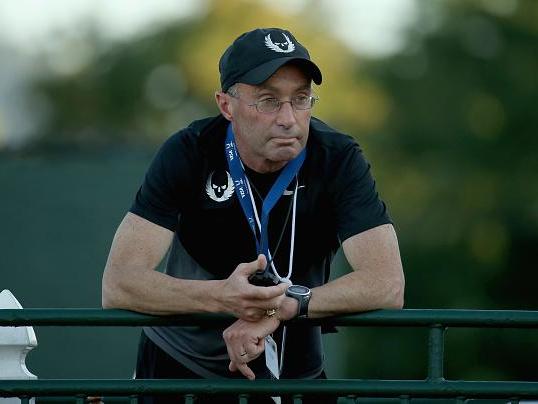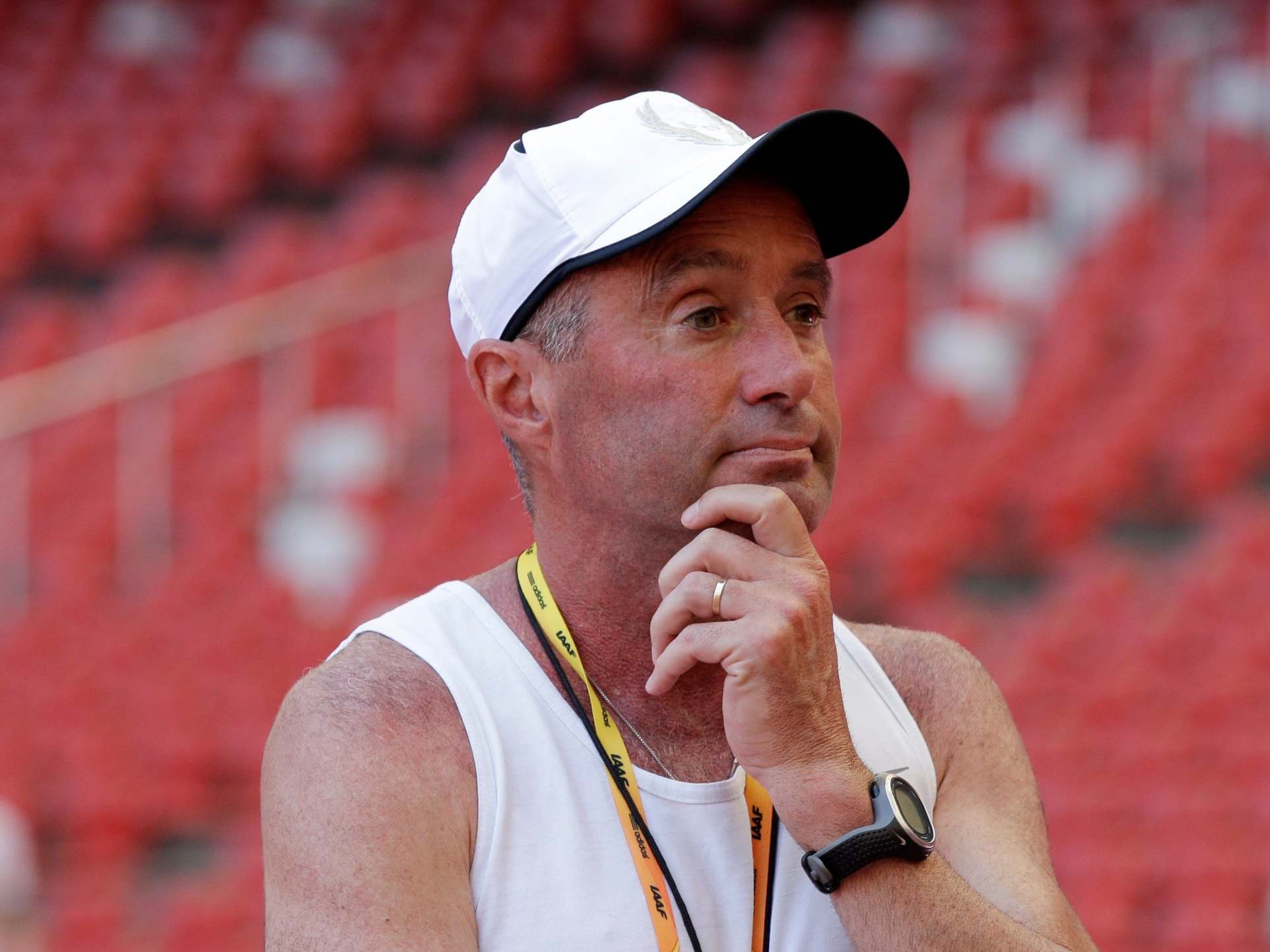Alberto Salazar: Wada to ‘look at’ all athletes who trained under former Nike Oregon Project coach
The International Olympic Committee had urged the anti-doping agency to open an investigation

World Anti-Doping Agency president Sir Craig Reedie has said his organisation will “look at” athletes who trained under banned coach Alberto Salazar.
The 61-year-old was found guilty of doping violations earlier this year after a four-year investigation by the United States Anti-Doping Agency (USADA).
The Nike Oregon Project, where Salazar worked with his athletes, has since been closed down.
The International Olympic Committee had called on WADA to investigate NOP athletes, and Reedie told PA: “In this case we have the right to look at the accusations against Salazar but in particular we would be interested to see if there is any onward issues as far as the athletes are concerned.
“We are at the very start of that process because we have to get the files from the US, but we will look at it.”
The NOP was established in 2001 and Great Britain’s Sir Mo Farah, a four-time Olympic champion, trained with Salazar between 2011 and 2017.
Farah released a statement immediately after the confirmation of Salazar’s ban which read: “I left the Nike Oregon Project in 2017 but as I’ve always said, I have no tolerance for anyone who breaks the rules or crosses a line. A ruling has been made and I’m glad there has finally been a conclusion.”
Farah has never failed a drugs test and strongly denies ever breaking anti-doping regulations. Salazar has said he will appeal against the USADA ruling.
Reedie, who is at a WADA doping conference in Poland this week, defended his organisation’s decision in September 2018 to reinstate the Russian anti-doping agency (RUSADA) as compliant.

It emerged in September of this year that Russian authorities had been asked to explain “inconsistencies” in laboratory data WADA gained access to in January as one of the conditions of RUSADA being declared compliant.
Positive tests are alleged to have been deleted from the data, and experts from WADA’s intelligence and investigations team is considering responses provided to it by the Russians. The I&I team is expected to pass on its findings to WADA’s compliance review committee within the next two weeks, and that committee could recommend that the inconsistencies constitute grounds to declare Russia non-compliant.
If the Court of Arbitration for Sport ultimately found that to be the case, the beefed-up WADA signatories code would mean Russia facing a ban from international events such as the 2020 Olympic and Paralympic Games, and next summer’s men’s European football championship.
Reedie said: “We decided in September 2018 on a programme suggested to us in June 2018 that we would try to break the impasse that we had with Russia. The Russian anti-doping agency had fulfilled 29 of the 31 conditions on the roadmap, leaving two outstanding.
-and-Alberto-Salazar.jpg)
“One was an admission of guilt in Russia, and secondly that we would get access to the data and records from the Moscow lab.
“That has allowed us, to date, to start the responsible international federations prosecuting 47 cases against athletes who it appears may have cheated. We have also discovered from looking at the data that there are inconsistencies and some of that data may have been manipulated.
“If we had not (reinstated) Russia we would have maintained the Russian anti-doping agency on a non-compliant basis in perpetuity. And that wouldn’t have done any good for anybody, other than people who had cheated. For a young athlete going ahead, it must be better that you’ve competed against a Russian athlete who has gone through a rigorous testing process.
“What we did was correct. It is disappointing that we have evidence of manipulation but we have to deal with that because ultimately under the compliance rules we may well end up in the Court of Arbitration for Sport in which case you have to be very careful how you build your case.
PA
Join our commenting forum
Join thought-provoking conversations, follow other Independent readers and see their replies
Comments
Bookmark popover
Removed from bookmarks